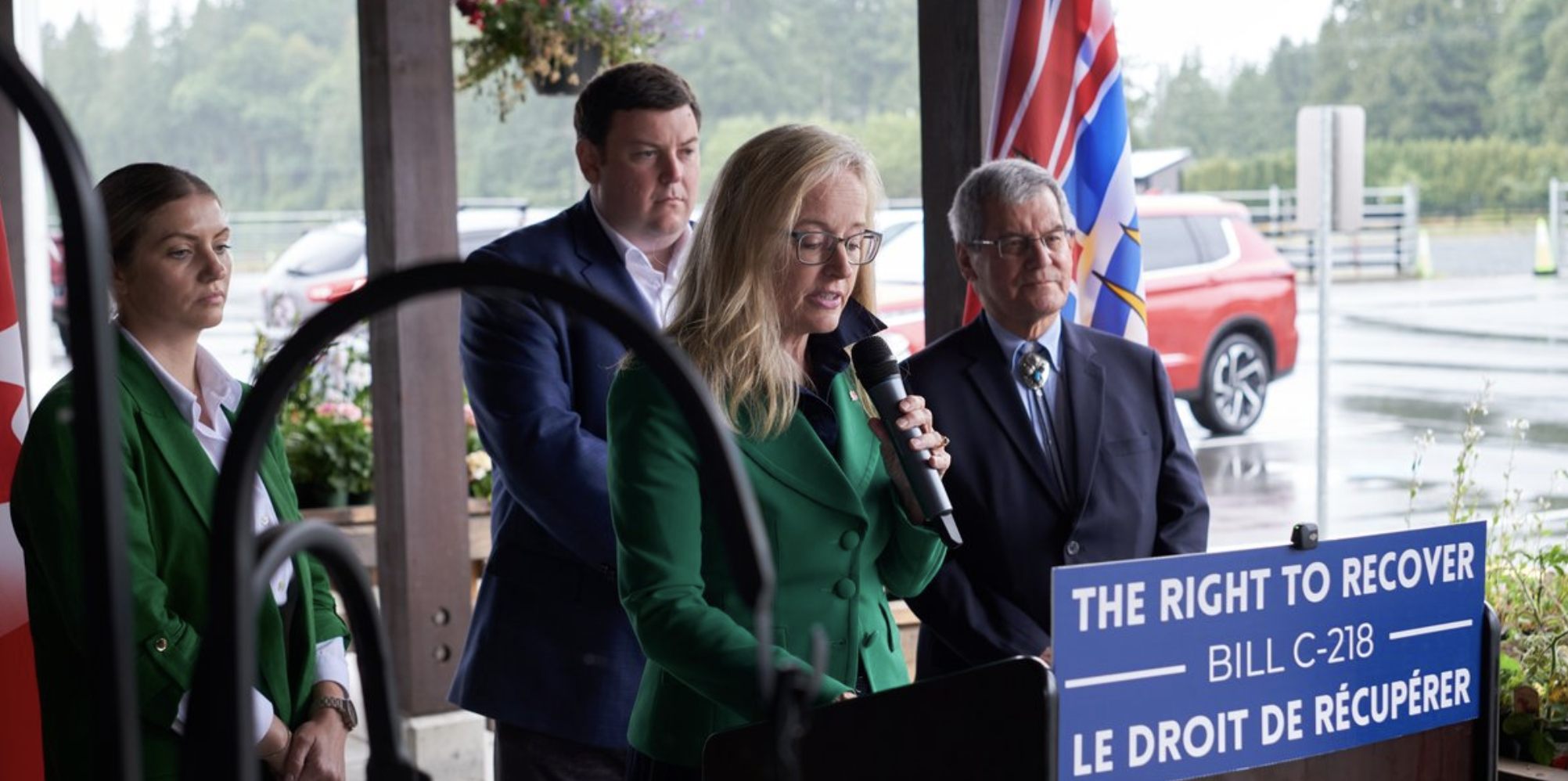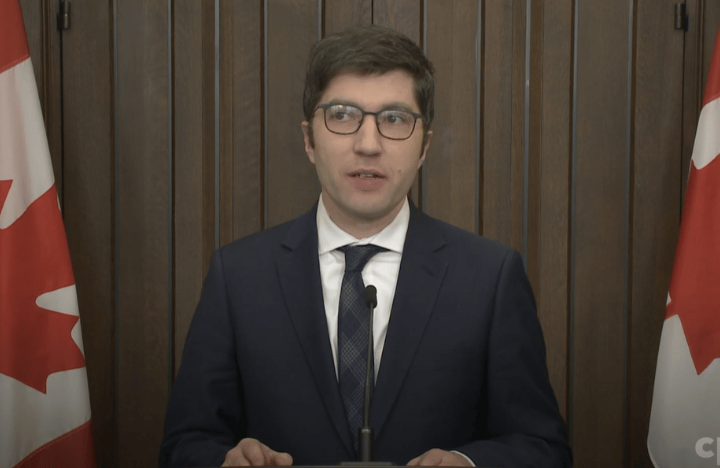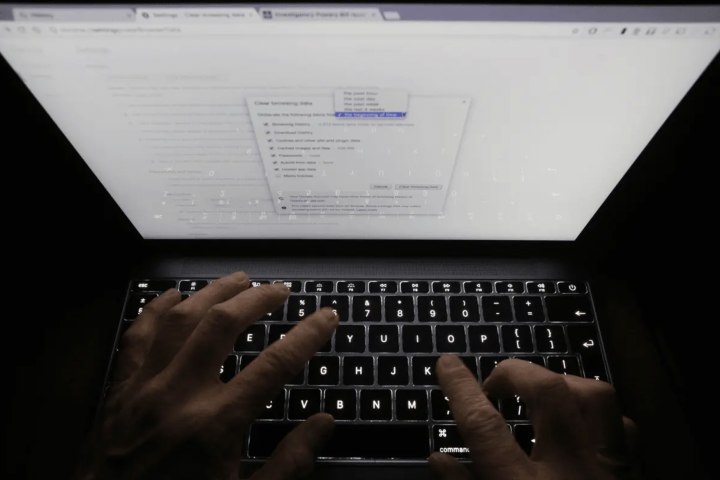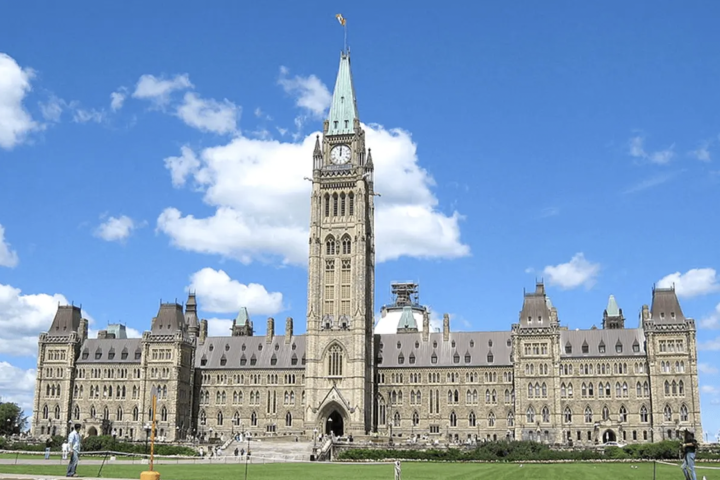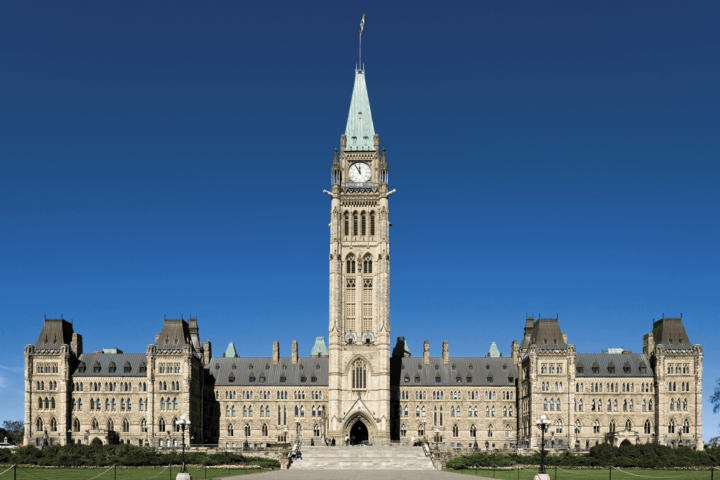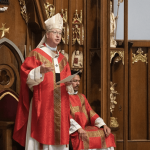LANGLEY, B.C. — MP Tamara Jansen opened the press conference about her private member’s bill C-218 Wednesday by making it apparent why she’s trying to halt the expansion of euthanasia for mental illness.
“Most of us know someone struggling with mental illness,” the Cloverdale—Langley City MP said at Academy Farms in Abbotsford.
“Maybe it’s a son or daughter, a mother or father battling depression, feeling like the world has left them behind. Now imagine that when they go for help, instead they’re offered MAiD.”
Jansen was among several speakers who are backing her bill, dubbed the Right to Recover Act. The bill would amend the Criminal Code of Canada and permanently stop the scheduled 2027 expansion of medical assistance in dying (MAiD) solely for mental illness.
“This bill says we don’t give up on people,” she said. “Mental illness can be overwhelming, but it is not hopeless. There are thousands of Canadians alive today because someone believed in them.”
Jansen highlighted recent cases where MAiD was offered to individuals during mental health crises: a veteran, a Paralympian who wanted a wheelchair ramp, and a suicidal woman who went to the emergency room.
“What they’re asking for is dignity, support, and a chance to recover,” she said. “And instead they’re being offered death.”
Euthanasia proponents have been among those highlighting growing international criticism of Canada’s MAiD rollout. The United Nations Committee on the Rights of Persons with Disabilities urged Canada to repeal its laws allowing for euthanasia in cases where death is not expected or guaranteed.
Canadians would do well to heed these voices and consider the negative opinions developing about their country, Jansen said.
Citing a recent United Nations report and an Angus Reid poll showing 70 per cent of Canadians are concerned about the expansion of MAiD, Jansen pointed to growing unease in Canada.
“Even the Liberal government’s own expert panel couldn’t agree on how to accurately predict if someone with a mental illness would recover,” she said. “So why are we making death an option for people we know could recover?”
Jansen was joined by several advocates, including MP Andrew Lawton (PC-Elgin—St. Thomas—London South), former New Brunswick Lieutenant Governor Graydon Nicholas, and Alicia Duncan an anti-MAiD advocate whose mother died from MAiD during a mental health crisis.
Lawton, who seconded the bill, said he nearly ended his life by suicide 15 years ago, recalling waking from a coma after an overdose. “If MAiD had been available to me then, I might not be here today.”
Fifteen years later, he said he has been able to build a life unimaginable to his previous, suicidal self. “I never would have believed at my lowest point in 2010 that I could be standing here today as a Member of Parliament, as a husband,” he said. “All of that was only possible because I was given the support and care I needed.”
He warned that MAiD laws blur the line between treating suicidal ideation and enabling it. “When we license the usage of MAiD for people with mental illness, we are giving credence to the idea that hopelessness is permissible,” he said. “But hope is always possible.”
Former New Brunswick Lieutenant Governor Graydon Nicholas, a member of the Tobique First Nation, spoke in support of Jansen’s bill and criticized the lack of consultation with Indigenous peoples during the introduction and subsequent expansion of MAiD legislation in Canada.
“There had been no provision of help for our people who had difficulties in life,” he said.
As a prominent Catholic Indigenous voice, Nicholas consults for the Canadian Conference of Catholic Bishops and the Knights of Columbus Supreme Council. In an interview with The B.C. Catholic, he said the issues of euthanasia and mental health are of grave concern to Indigenous people, both culturally and spiritually.
“From the very beginning in 2016, I’ve opposed euthanasia,” he said. “It’s not right for our people,” whose Indigenous worldview sees life as a sacred gift from the Creator.
“We always say our life comes from the Creator, and the Creator will determine when it’s time for us to go to the next world.”
With Indigenous suicide rates among the highest in the country, Nicholas emphasized the importance of mental wellness programs that incorporate spirituality and cultural identity. “We use the term ‘mental wellness’ instead of ‘mental illness’ because it includes the spiritual dimension,” he said. “Our elders say that’s how we restore identity and purpose.”
Nicholas connected euthanasia to a broader, historical pattern of discrimination faced by Indigenous people trying to access health care. “We need quality care and respect—not more ways to end life,” he said.
The Archdiocese of Vancouver has issued grants through its Truth and Reconciliation Fund to Vancouver’s Dr. Peter’s Centre, which helps provide culturally sensitive services for those struggling with addiction.
Graydon also has a personal connection to end-of-life concerns, and he shared how his eldest son was diagnosed in 2016 with a terminal brain stem tumour. Despite the diagnosis, his son chose to focus on quality of life rather than pursuing euthanasia. He passed away in August 2019, surrounded by family.
As hard as that was, Graydon said it was the right decision to care for and support his son at the end of his life. “My wife and I supported him in that decision and we were with him right to the moment he died,” he said. “The benefit that came from that struggle was he came back to our faith.”
His son’s final moments were peaceful, and his final moments were punctuated by the voices of his parents praying the Rosary. “My wife and I decided to pray the Rosary with him—she was on one side, I was on the other. Ten minutes after that, he passed.”
Also speaking at the press conference was Alicia Duncan, the daughter of Donna Duncan, who MAiD death during a mental health crisis was reported by The B.C. Catholic in 2023.
Duncan’s mother was the first euthanasia victim in Canada to have a criminal investigation opened concerning their death. At the centre of Alicia’s remarks was a call to recognize the extreme vulnerability of the mentally ill in a system that considers euthanasia to be routine health care.
Jansen concluded by naming several organizations backing the bill, including Inclusion Canada and Indigenous Disability Canada. “We need to send a message: there will be no more death by despair – not in a country like Canada, and not on our watch,” Jansen said.
The Right to Recover Act, if passed, would permanently bar MAiD for those suffering solely from mental illness, a move Jansen said is necessary to protect the most vulnerable.
“Mental illness is treatable,” she said. “Canadians deserve the chance to recover.”


